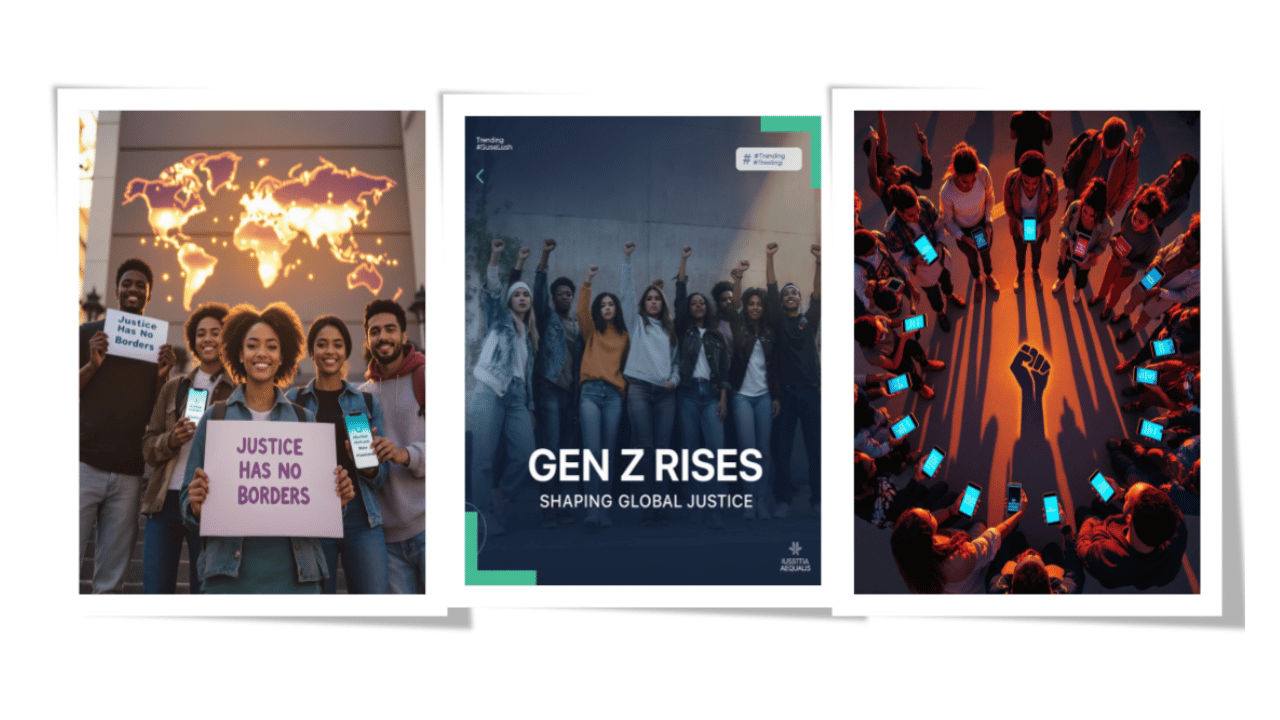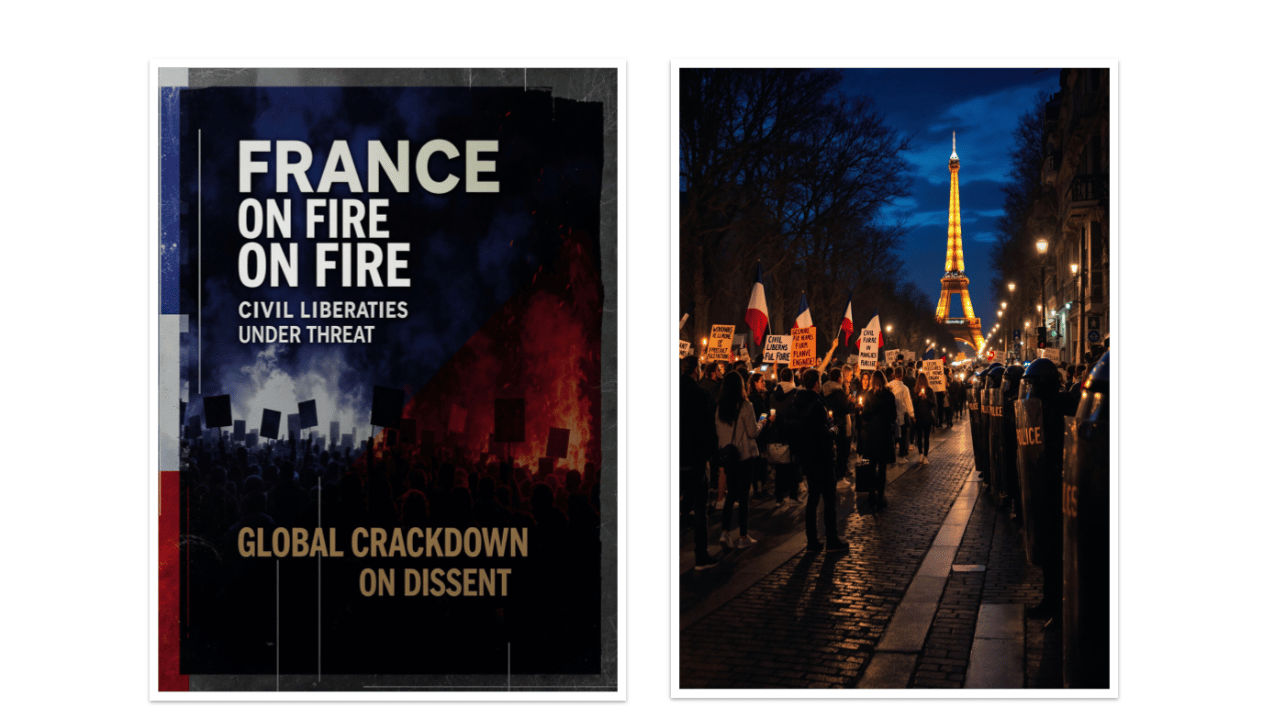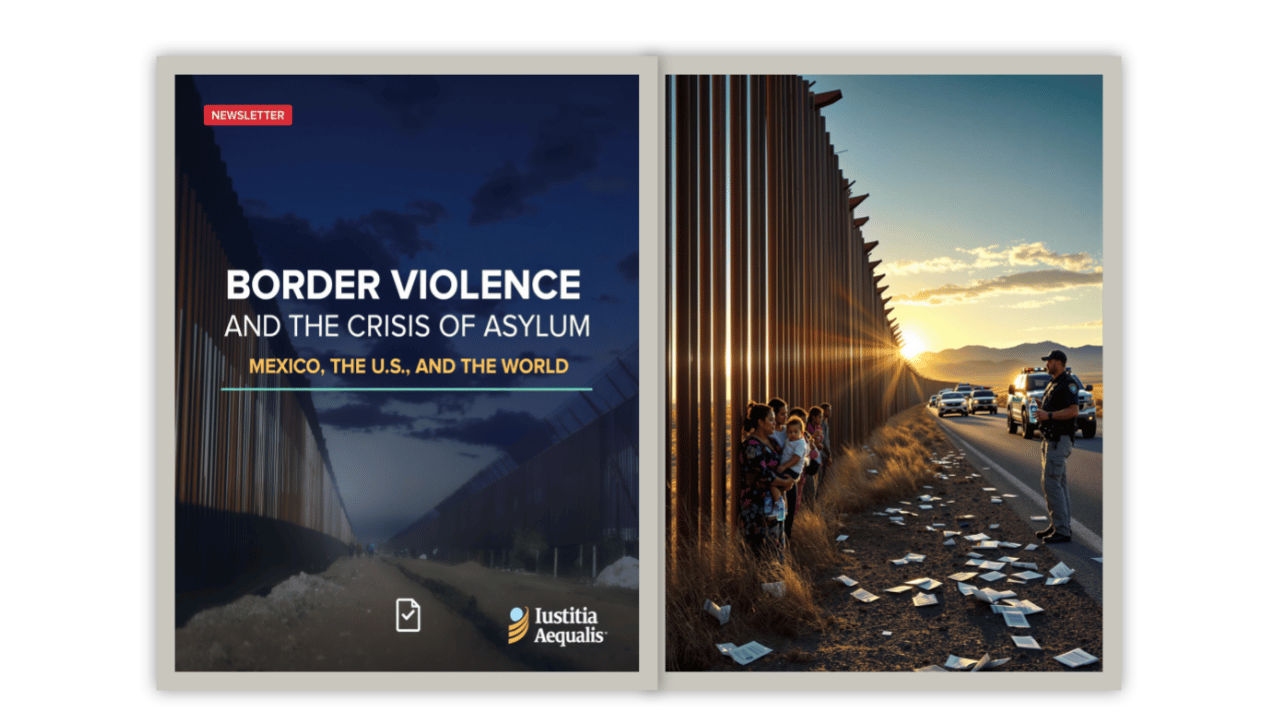✉️ CEO’s Corner | Open Letter: When Algorithms Oppress, We Must Rise
A Beacon of Resistance in the Age of Authoritarian AI
By Ashley T. Martin, Founder & CEO, Lustitia Aequalis
 Dear Partners in Progress,
Dear Partners in Progress,
I never imagined that in our lifetime we would need to defend humanity, not just from injustice, but from the very technologies we were promised would set us free.
Across borders, across systems, and across screens, artificial intelligence is being weaponized. Not for healthcare. Not for education. Not for freedom. But for control. For surveillance. For silencing the marginalized and unheard.
This is not science fiction. This is now.
In Xinjiang, China, AI surveillance systems built to “predict crime” are used to round up Uyghur Muslims, flagged not for what they’ve done, but for who they are. They are being detained in camps by hundreds of thousands.
In Russia, India, and Iran, governments are using AI to automatically censor speech, remove protest-related content, and imprison truth-tellers—all without the accountability of due process. The machines don’t read constitutions. They execute commands.
And right here in the United States, algorithms continue the legacy of systemic racism. From ShotSpotter’s false gunshot alerts in Black neighborhoods to predictive policing models built on biased data, AI is being used not to solve crimes, but to justify injustice.
Let me be clear: AI is not neutral. These are not glitches. These are digital extensions of old power—colonial, carceral, patriarchal, and supremacist in design.
And yet, I believe in another way forward. At Lustitia Aequalis, we are building tech that protects people, not persecutes them. We are preparing to launch our Witness App to the public on a secure, encrypted platform that allows you to record, timestamp, and store interactions with law enforcement, even in hostile jurisdictions. Your story is your right. And your phone, dash or body camera may be your only witness.
We’re not just resisting AI abuse. We’re reclaiming our future from it.
But I can’t do this alone. Neither can our team. This is your call to action:
💥 Advocate for AI bans in policing and surveillance. Support bills like the Facial Recognition Moratorium Act.
🧠 Educate your communities about how tech can reinforce bias. Algorithms are only as just as the people designing them.
🛡️ Support global watchdogs like Access Now, Algorithmic Justice League, and EFF, who are documenting abuses in real time.
🔐 Download our Witness App when released. Because if they’re watching, we should be recording.
This is our moment to remind the world that no machine has more value than a human life.
And that progress without justice is just entitled power—rebranded.
In truth, in tech, and in solidarity,

Ashley T. Martin
Founder & CEO, Lustitia Aequalis
🕊️ Because liberty is not coded. It is declared in revolution.
In this issue:
Gen Z Is Leading the Global Civil Rights Movement—And the World Should Pay Attention
France on Fire: Civil Liberties, Protest, and the Global Crackdown on Dissent
When Hospitals Become Courtrooms: Using the Witness App to Protect Your Health and Freedom
Border Violence and the Crisis of Asylum: Mexico, the U.S., and the World

_(1).jpg)






